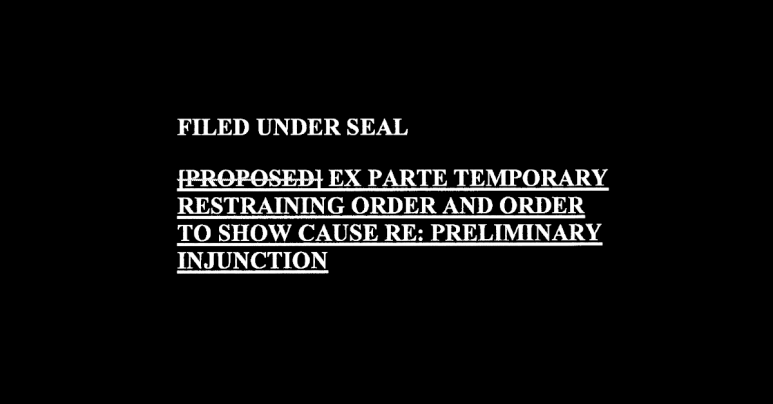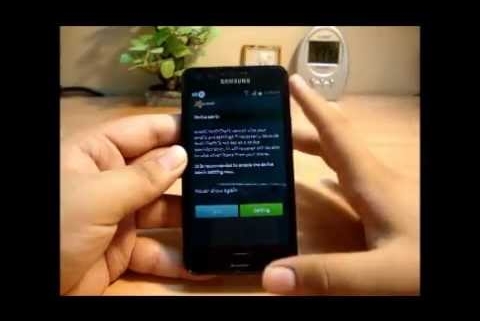Google wins court order to force ISPs to filter botnet traffic – Naked Security
A US court has recently unsealed a restraining order against a gang of alleged cybercrooks operating outside the country, based on a formal legal complaint from internet giant Google.
Google, it seems, decided to use its size, influence and network data to say, “No more!”, based on evidence it had collected about a cybergang known loosely as the CryptBot crew, whom Google claimed were:
- Ripping off Google product names, icons and trademarks to shill their rogue software distribution services.
- Running “pay-per-install” services for alleged software bundles that deliberately injected malware onto victims’ computers.
- Operating a botnet (a robot or zombie network) to steal, collect and collate personal data from hundred of thousands of victims in the US.
You can read a PDF of the court document online.
Thanks to our chums at online pub The Register for posting this.
Plunder at will
Data that these CryptBot criminals are alleged to have plundered includes browser passwords, illicitly-snapped screenshots, cryptocurrency account data, and other PII (personally identifiable information).
As the court order puts it:
The Defendants are responsible for distributing a botnet that has infected approximately 672,220 CryptBot victim devices in the US in the last year. At any moment, the botnet’s extraordinary computing power could be harnessed for other criminal schemes.
Defendants could, for example, enable large ransomware or distributed denial-of-service attacks on legitimate businesses and other targets. Defendants could themselves perpetrate such a harmful attack, or they could sell access to the botnet to a third party for that purpose.
Because the defendants are apparently operating out of Pakistan, and unsurprisingly didn’t show up in court to argue their case, the court decided its outcome without hearing their side of the story.
Nevertheless, the court concluded that Google had shown “a likelihood of success” in respect of charges including violating the Computer Fraud and Abuse Act, trademark rules, and racketeering laws (which deal, loosely speaking, with so-called organised crime – committing crimes as if you were running a business):
[The court favors]…


